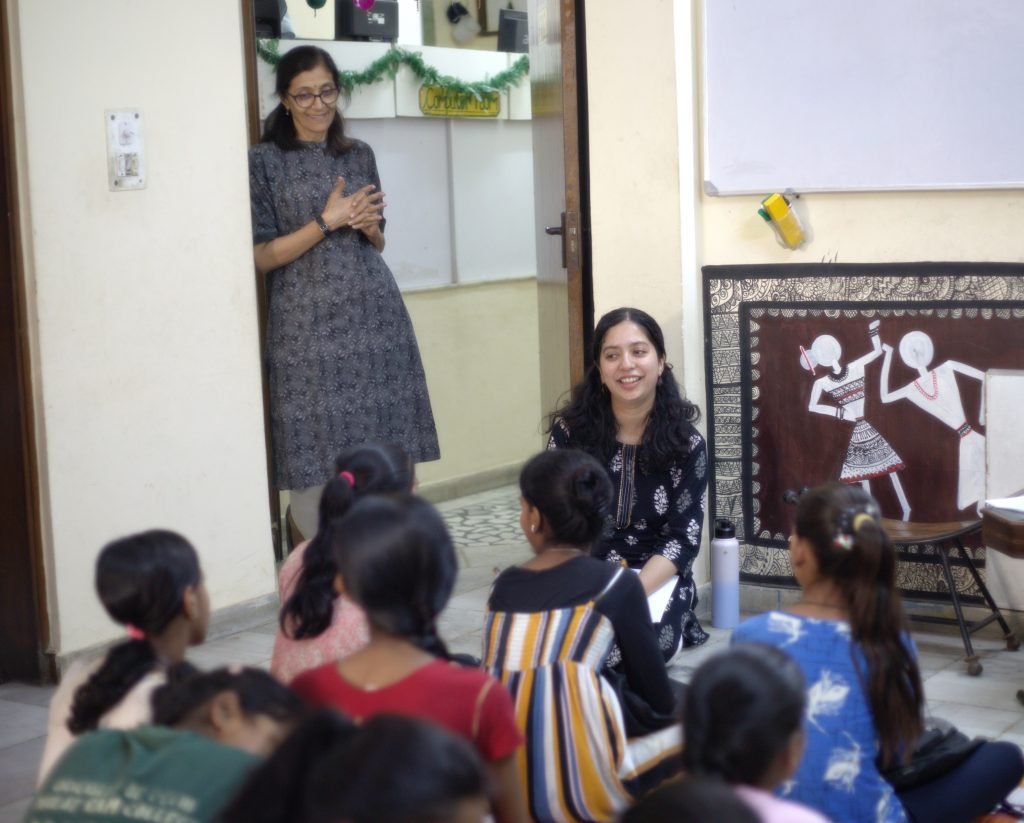
by Gowri Reghunath, Justice Leila Seth Fellow – June 2023
It was 24 March 2023. I was just back home from a team retreat in Jim Corbett. As I was showing pictures of the trip to my parents, I got a text on my phone saying, “DJS result out”. For a moment, I froze, I could feel my heart in my throat. I opened the Delhi Judicial Service result and started scrolling through the list of names. And there I saw it, my name, and next to it said, ‘recommended for appointment.’ I read it thrice to make sure I was reading properly, it was true! Three years after I started working on my goal, I could not believe it when I finally achieved it.
‘Brand Ambassador of the Justice System’
The idea of joining the judicial service first took root in my mind during my internship days at a trial court when I got a chance to spend hours daily at the courts of various magistrates and civil judges. They are the first point of contact for any person who comes into the judicial system. A person arrested seeking their liberty, a woman in an abusive marriage seeking protection, a person threatened with displacement from their land seeking an injunction, all start their journey before the trial courts. As a trial judge, I would get the unique and challenging opportunity of being the first intervener in such situations.
“Always remember, no one in the entire judicial system has a bigger interface with the layperson than the Civil Judge/Metropolitan Magistrate at the nearest District Court. You, my friend, are going to be the brand ambassador of the justice system for close to 90% of the population.”
Bharat Chugh, ‘Letters to an Aspiring Judge’
The Justice Leila Seth Fellowship
With this motivation, I kept appearing for judicial service examinations. In June 2022, after appearing for the DJS Mains examination, I knew I would have to wait for months before the results were declared. I considered exploring a career in litigation as it would be the best way to put into practice all the bookish knowledge I gained through the exams. But as a first-generation lawyer, I had no idea how to start off my litigation career. It was then that I heard of the Justice Leila Seth Fellowship (JLSF). The thematic areas and the structured model of the fellowship appealed to me. I also hoped that the mentorship provided as a part of the fellowship would be helpful for me in finding a foothold in the field of litigation, which I could pursue as my career should I not qualify my judiciary exams. Alternatively, if I end up clearing my exam, the learning through grassroots-level engagement, litigation, and advocacy would add immense value to my judicial career.
So, I sent my application, which was followed by two rounds of interviews, after which I was selected. I started my journey as a JLS Fellow at iProbono, Delhi, in January 2023. Even before I completed my first week in office, I got the opportunity to be in court coordinating with our panel lawyers and handling our The Protection of Children from Sexual Offences (POCSO) Act casework. Getting involved in the casework helped me to get a better grasp of the trial procedure, which I had only read in books so far. Supporting and shadowing our experienced panel lawyers, I was able to appreciate how to evaluate each statement and piece of evidence that is presented before the court. Hearing them making arguments on bail, framing of charges, and final arguments gave me a wonderful insight into the art of good lawyering, and also made me conscious of the role of a victims’ counsel.
A month into the fellowship, I was called for my judicial service interview, where I was asked questions relating to the POCSO Act and the Juvenile Justice Act. The learnings at iProbono proved to be extremely valuable at this stage in answering the questions posed by the interview board.
The Difference an Efficient Magistrate Can Make
Shortly after I cleared the interview of DJS, I was sent on a secondment to our panel lawyer Mr Faraz Maqbool’s chamber. This experience further helped me in expanding my working knowledge of criminal procedure and in understanding several nuances of the Code of Criminal Procedure (CrPC). When I told him that I would like to learn more about Magistrate-triable cases, he got me on board with all such cases in his chamber. Under his mentorship, I learnt about the challenging situations that a Magistrate is likely to face in the course of their work, and ways to overcome them.
In court, I occasionally got the chance to interact with our clients, one of whom was Ritesh*, a child in conflict with the law (CCL). He was now a young adult and our panel lawyer had secured an acquittal order in his favour. Talking about his trial, Ritesh told me how slow it was in the beginning and how the pandemic made it even harder. But he was thankful for the intervention of the iProbono counsel, who got directions from the Juvenile Justice Board (JJB) to speed up the proceedings. He also pointed out that there was a new Principal Magistrate at the JJB who expedited the process. Both interventions helped in speeding up the inquiry and ultimately bringing it to its conclusion. Ritesh is currently pursuing a degree in engineering and hopes to work at organisations such as Indian Space Research Organisation (ISRO) or Defence Research and Development Organisation (DRDO). The acquittal will finally make him eligible to apply for his dream job.
As a judiciary aspirant, I had spent hours reading and writing about the procedure of JJBs, the need for short timelines for completion of inquiry, and the process of rehabilitation of CCLs. But this interaction with Ritesh helped me get a better understanding of how differently the law is working on the ground and how a sensitive lawyer and a conscious magistrate can intervene to make the process better.
Advocacy and On-Ground Work at iProbono
While I thoroughly enjoyed every opportunity of attending a case hearing in court, my work with the advocacy vertical at iProbono made me realise that going to court may not be the best solution for every matter. Sometimes, the route of advocacy and consultation with stakeholders may prove to be more useful.
I got a chance to work with various team members on our advocacy projects relating to child rights and disability rights. This was helpful in understanding the role of relevant stakeholders and in building important skills such as legal research and writing.
The fellowship also offered me a chance to directly engage with some of the stakeholders, such as Child Welfare Committees, shelter homes, police stations etc. I also got to participate in grassroots-level engagements by visiting other NGOs, interacting with the communities they work with, and taking legal awareness sessions for the community.
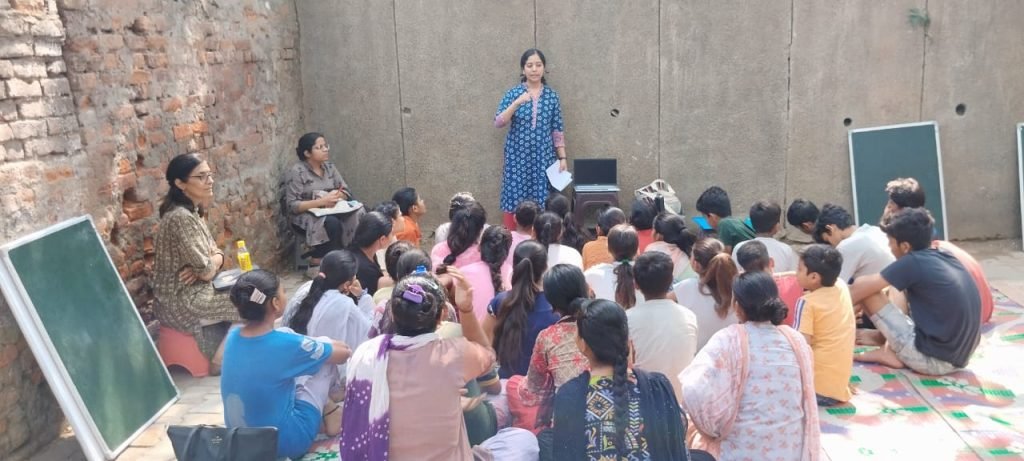
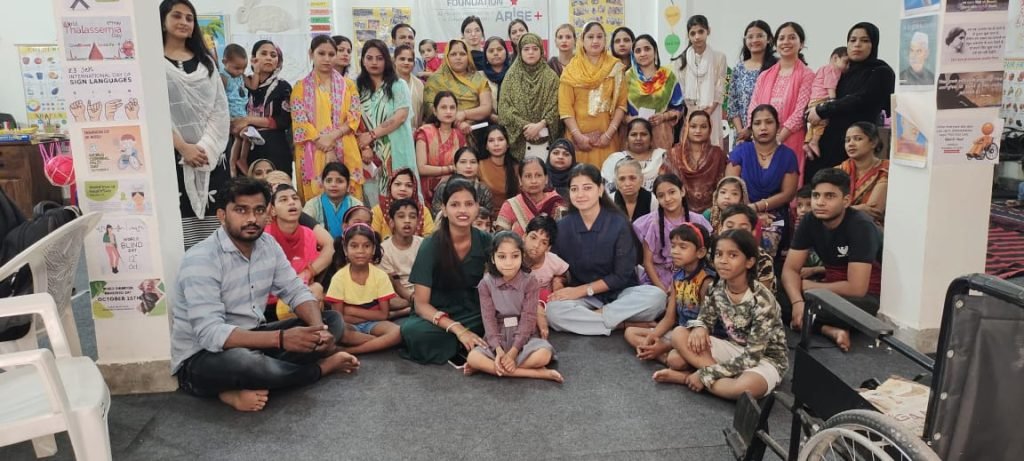
Listening to the life experiences of some of the community members was an unforgettable and eye-opening experience. Being sensitised to the needs of the most marginalised sections of society is important for a judge, and these experiences would inform my approach once I start working in court.
Apart from legal skills, I was given guidance on a host of diverse areas such as professional communication, management and functioning of civil society organisations, and learning about psychosocial support offered to children. Being a Justice Leila Seth Fellow also meant getting continuous mentorship from seniors who guided me in picking projects that would help me in making the most of this fellowship.
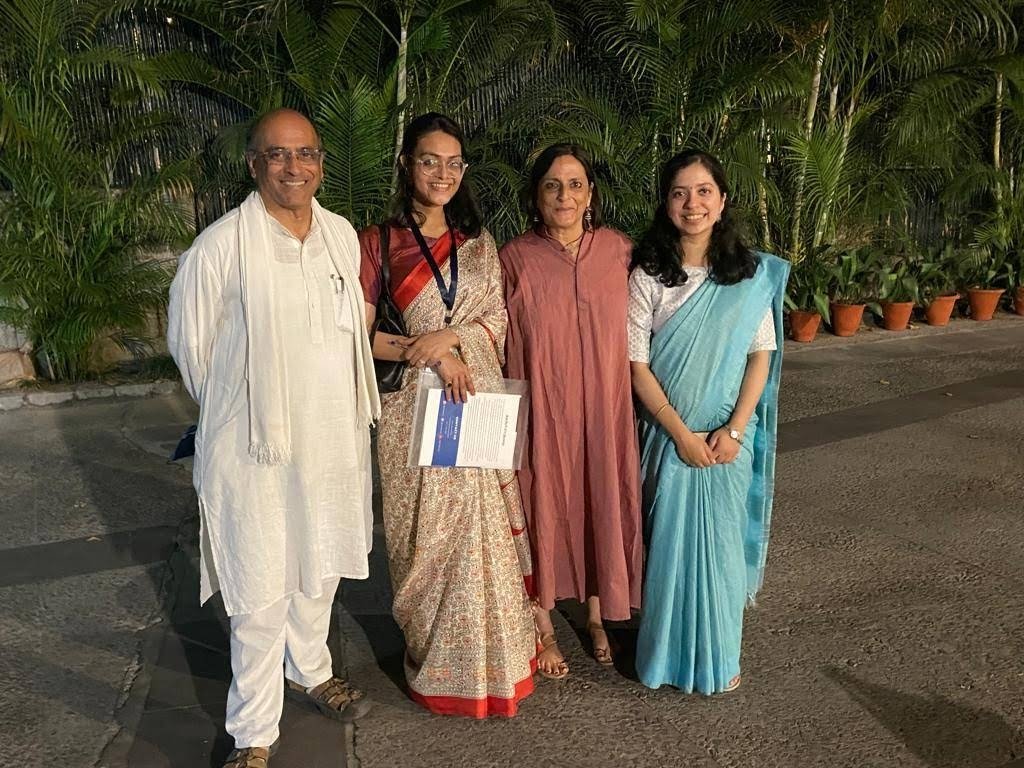
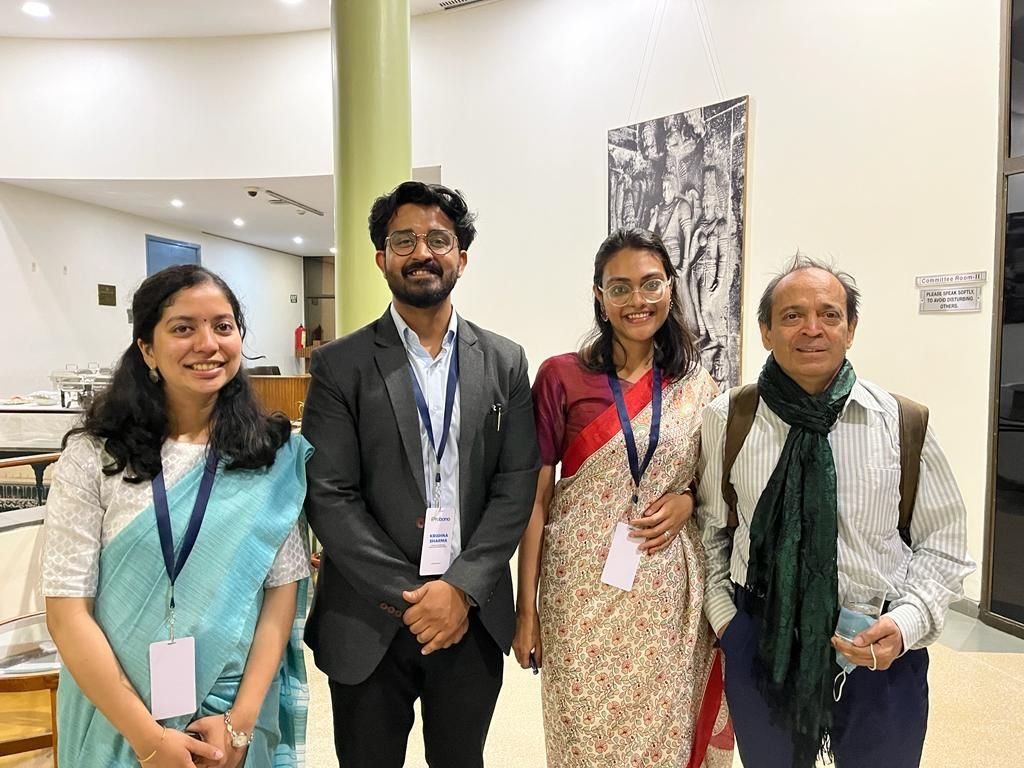
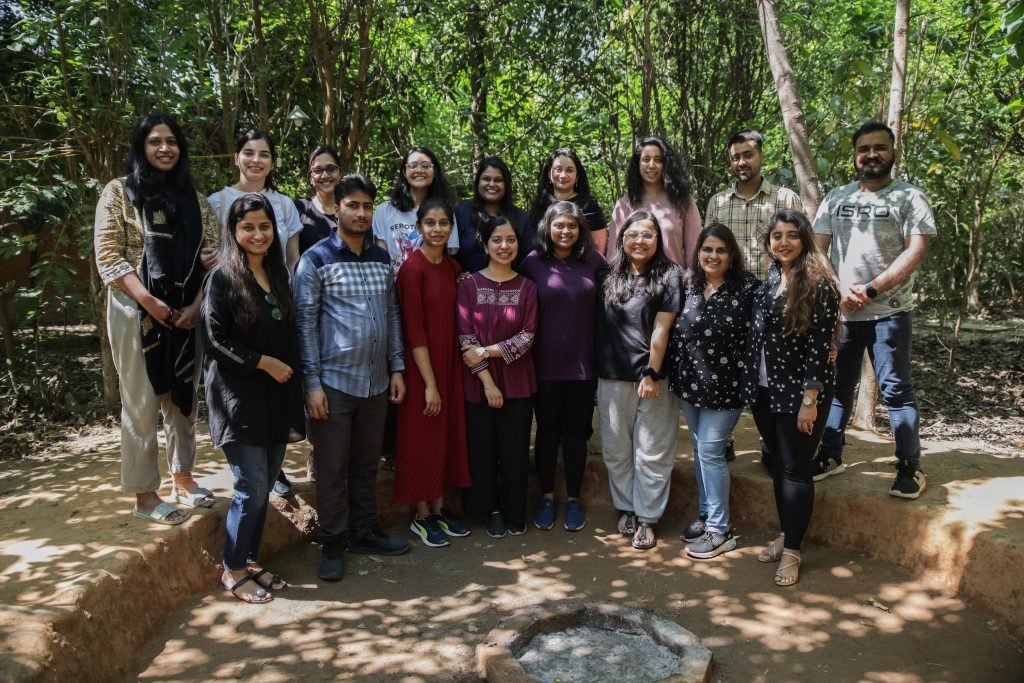
These five months at iProbono have been a wonderful ride full of learning and gaining an insight into the world of pro bono legal work. I am grateful to have become a part of and learn from a team of people full of passion and commitment towards their work, and I’ll miss working with all of them.
As I step into the judicial academy to begin the next phase of my career, I cannot help but think how much I would have missed out on had I not been a part of JLSF. The aim of the fellowship has been to keep the legacy of Justice Leila Seth alive, and I hope to be able to do that in my journey ahead in the judicial service.
*Name Changed